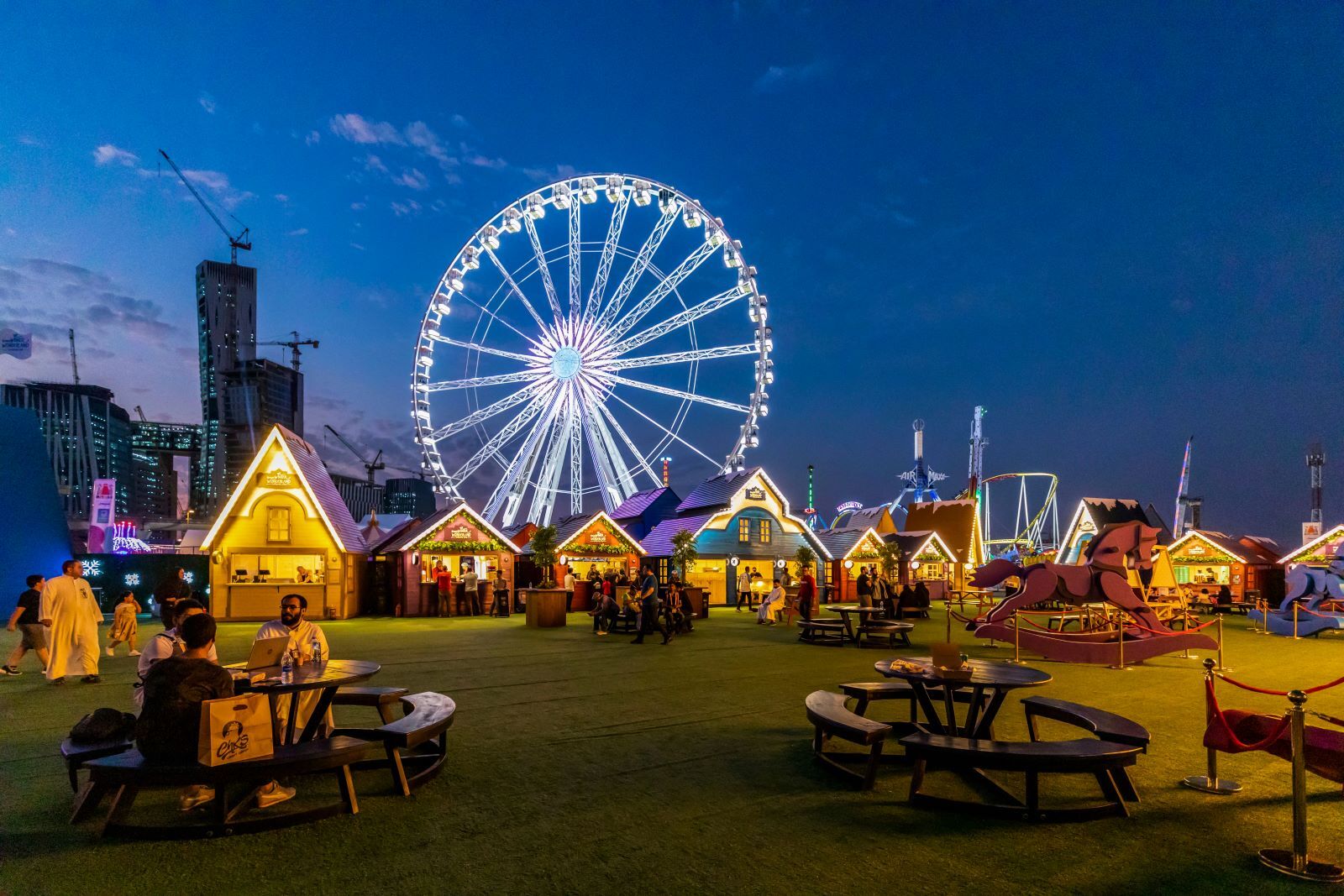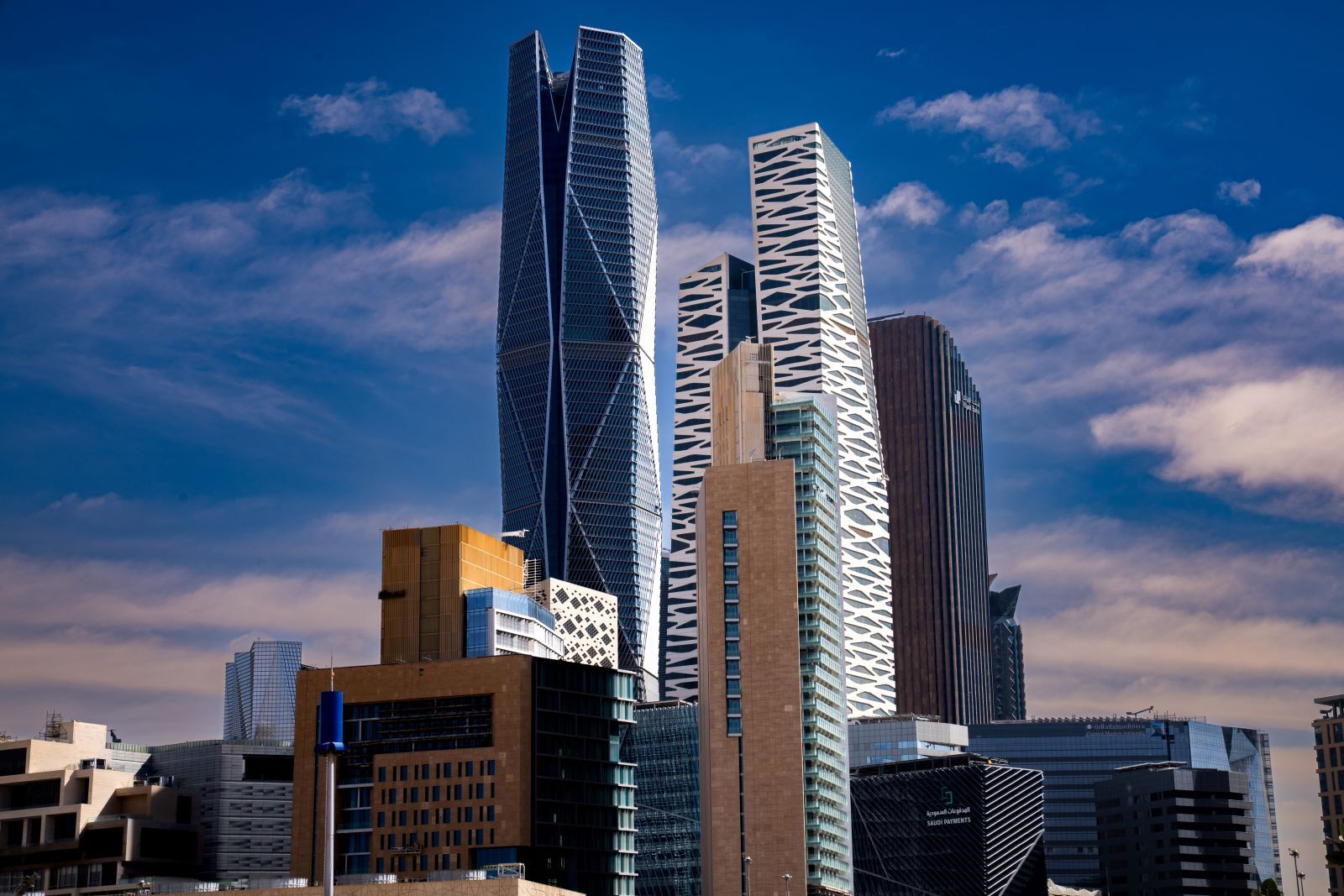The prevailing customs and traditions that distinctly define Saudi society.

Saudi society has been characterised throughout history by a diverse civilisation, with many human traditions and rituals, to form a Saudi cultural identity that has been passed down through generations from ancient times to the present day, which has established several concepts about this society and about the ideas, desires and ambitions of its people.
Similar to other communities, Saudi society consists of distinctive customs and traditions that set it apart from other cultures. These practices give rise to diverse lifestyles among society members, reflecting the regional culture. From wedding and event rituals to customs related to food and attire, as well as principles governing hospitality and reception, Saudi society encompasses a wide range of cultural expressions.
A key element of Saudi culture is the traditional attire. Men typically don a long thobe crafted from cotton or wool, complemented by a red and white head covering known as the "shemagh," secured by a circular black piece of cotton called the "agal." In the case of Saudi women, the customary dress is predominantly a black garment covering the entire body, referred to as the "abaya," along with a black veil that envelops the head.
Conversely, the rituals associated with dining, the array of dishes, and the specific foods served all form a significant component of the identity and culture within Saudi society. This uniqueness is marked by a variety of distinctive foods, notably including kabsa, machboos, haneeth, masoub, and numerous others. Additionally, the Saudi family places a premium on communal meals in a familial setting, paying close attention to the aesthetics and diversity of the dishes, emphasising their distinctive presentation.
In Saudi Arabia, marriage follows unique traditions that set it apart from other countries. It typically begins with a marriage proposal by the groom's family, who visit the bride's family. This is followed by the "shufa" tradition, where the couple is introduced in front of both families for approval. The groom gets to see the bride before finalizing plans. The families then negotiate the dowry, often a sum of money symbolizing appreciation and guaranteeing rights for the bride. Next is the "Shabaka" party at the bride's house, where the groom's family presents gifts and jewelry. The engagement ceremony and henna party follow, where both families celebrate joyously. The final step is the wedding ceremony, usually held in separate halls for men and women.
Saudi customs during special occasions and holidays stand out, characterised by gatherings filled with family and friends. These gatherings are accompanied by Arabic coffee and dates, fostering an atmosphere of warmth and hospitality as everyone engages in shared conversations.
These customs, and many others, distinguish the Saudi people and society, which possesses an ancient civilization that contributed to weaving and forming all these minute details that enriched the Kingdom over the years and formed the identity of a country and the culture of a people.



